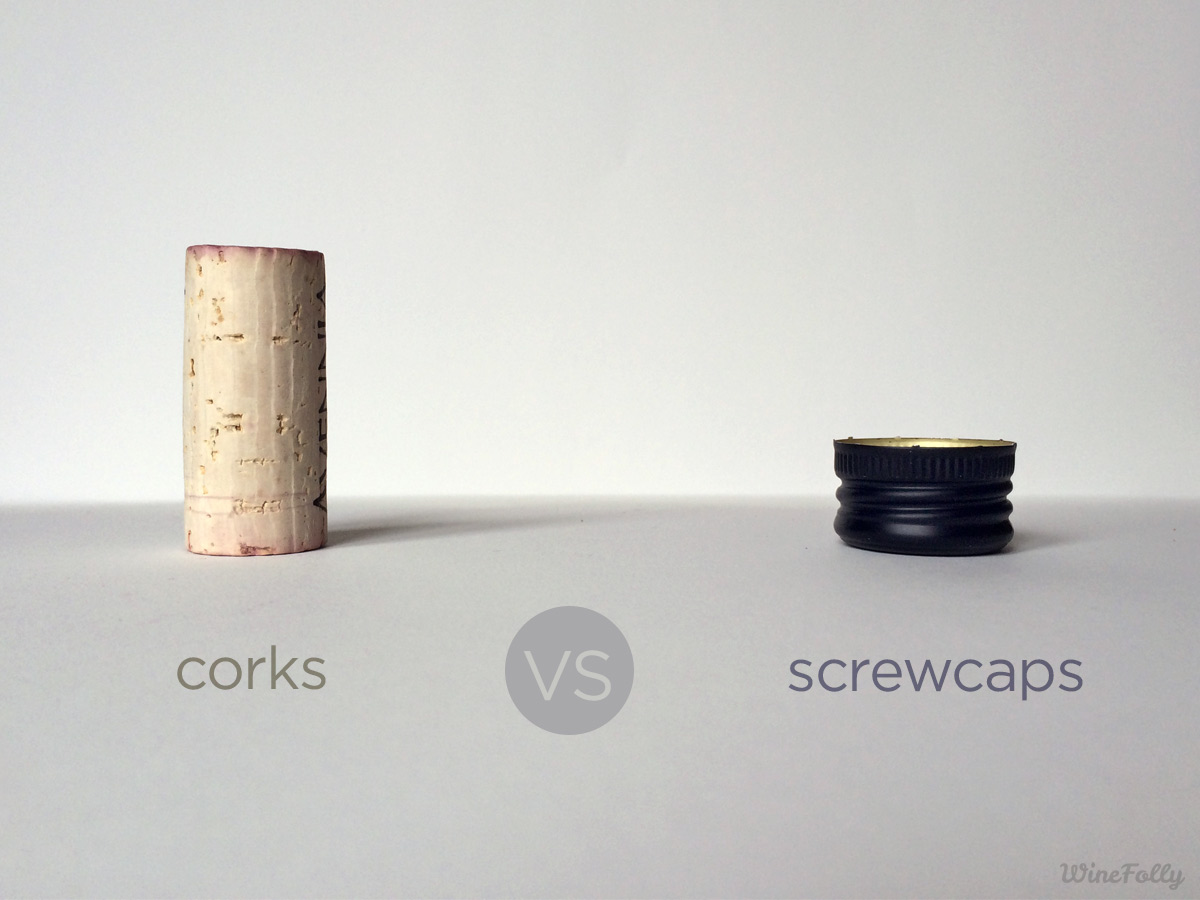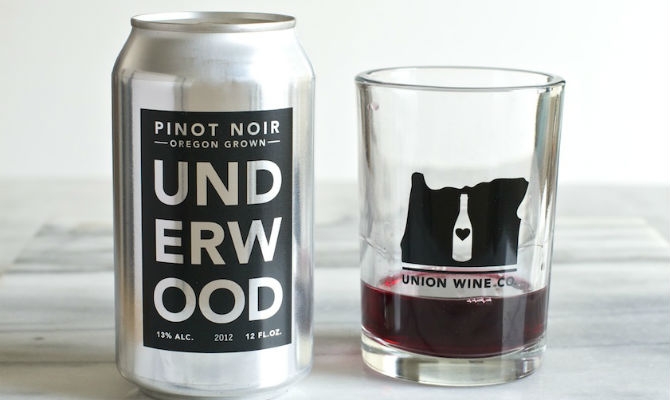Corks are the classic choice in the question of what goes between you and your wine. However, there’s been some surprising proof that shows how the corks vs screw caps argument is not as black and white as it seems.
Which is better: corks or screw caps? If you say corks are better, you’re both right and wrong. The truth is, the worldwide demand for wine (and corks) is growing, so we should get familiar with the future of wine preservation. Take a closer look at why corks and cork alternatives are nearly identical in terms of their ability to store and age wine. Then preview some alternatives to wine storage to get you thinking about where the wine world is going.
Corks vs. Screw Caps
Corks
Corks have been the preferred choice for closing wine since the beginning of modern Europe in the 1400’s. Why? Well, cork bark is one of the few natural products that is malleable enough to hold the contents inside a glass bottle. Glass bottles became more popular to store wine during this very same era.
Fast forward to today and there are a unique set of pros and cons to natural cork:
Cork: Pros
- A Natural Renewable Resource
- Historically Preferred
- Longterm Aging Proven
Cork: Cons
- Expensive (2-3x)
- 1-3% Affected by TCA ‘Cork’ Taint
- Limited Natural Resource
- Variable Quality
- Natural Corks Breathe at Variable Rates
Screw Caps and Cork Alternatives
Screw caps have only been used in wine since 1964, but they’ve rapidly become a large share of the market. If you ever travel to Australia, you’ll notice that screw caps are on nearly every single bottle in the country. The reason cork alternatives have became so popular is because of a period of decreased quality cork manufacturing during the 1980’s. Basically, winemakers were tired of getting low quality corks that would cause TCA ‘cork’ taint, so they switched.
Besides screw caps (made of metal and plastic), there are several ‘fake’ corks made from plastics to plant-based polymers.
Today, the pros and cons of several cork alternatives look like this:
Cork Alternatives: Pros
- More Affordable Option
- No TCA ‘Cork’ Taint
- Longterm aging studies have shown positive results
- Screwcaps are easy to open
Cork Alternatives: Cons
- Some cork alternatives don’t breathe
- Mostly Made From Non-Renewable Resources
- Recyclable but Not Biodegradable
- Variable Manufacturing Quality
- Associated with ‘Cheap’ Wine
But aren’t corks better because they “breathe?”
The longtime argument that corks are better because they breathe has been dispelled as “breath” is now emulated in both screw caps and cork alternatives. Today you can buy screw caps with calculated levels of ‘oxygen ingress’ overtime. Ironically, real corks are actually quite variable with their oxygen ingress rates.
Are you saying that screwcaps are better than corks?
Not at all, although for most applications cork alternatives are better simply because of the quality for the price. I challenge you the next time you buy an affordable wine at the grocery; more often than not it won’t be a 100% natural cork. Instead the bottle will be closed with a technical, agglomerated and colmated cork, which are low quality alternatives to natural cork. These sub-par products are also just as unreliable with their likeliness to cause cork taint.
100% natural corks are one of the only options that are a true renewable resource but because of their high price tag, most are reserved for wines in the $30+ bottle range.
The bigger picture problem: glass is heavy
As wine becomes consumed on a more day-to-day basis, looking for alternatives to glass will become more important. There are so many wines on the market today that really aren’t meant to age for more than a year. These wines could easily be offered in polyethylene, cans or even cartons. Alternatives like these won’t affect the flavor and are often much lighter weight, a reduction in carbon emissions for shipping.
Of course glass will always have a place with wine enjoyment, but it’s okay to have a daily drinker out of a box or a can. As more great value wine producers look for alternatives, perhaps we can all support them in their efforts to clean up the waste in the wine world.
sources
plant based polymer cork alternative was introduced in 2013 by Nomacorc
Notes on sustainability in cork forests by one of the world’s largest wine cork producers Amorim
breathable liners now available on Stelvins by Amcor
ogle at Union Wine Company’s Underwood Wine cans


